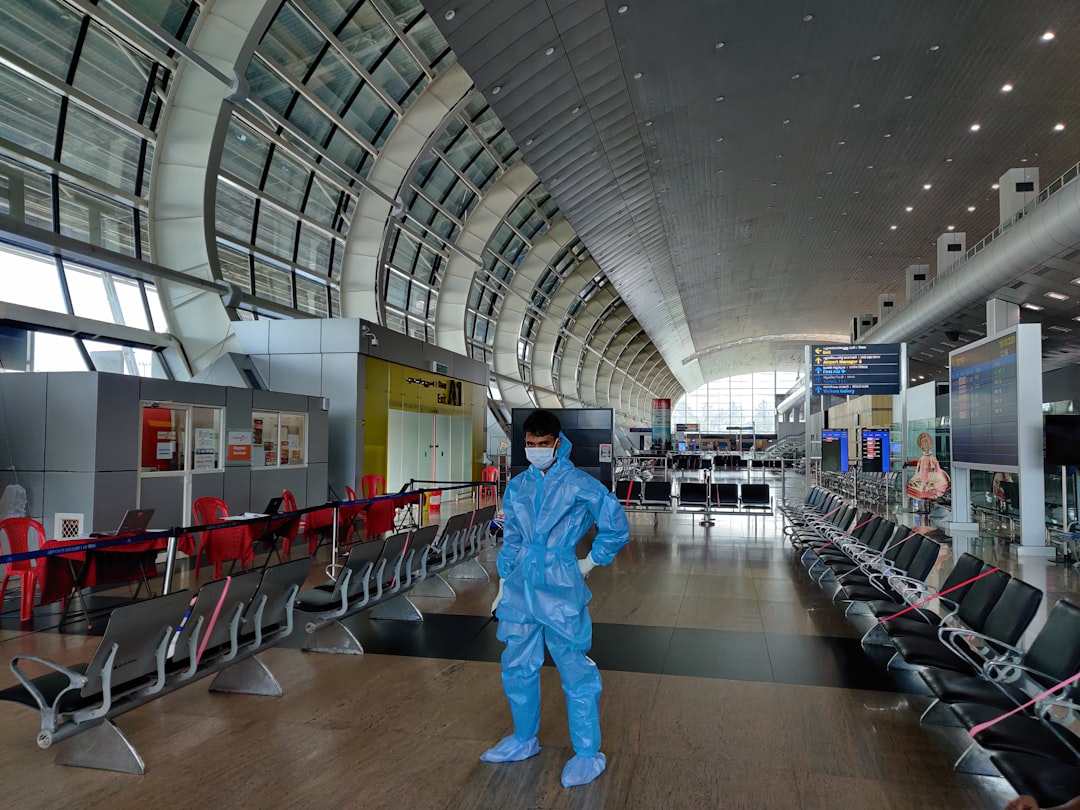Taiwan Tightens Rules for Trips to China Amidst Growing Concerns
New Regulations Aim to Fortify National Security by Overseeing Visits of Officials and Legislators

The Taiwanese government is poised to implement stricter regulations regarding travel to China, with the aim of bolstering national security and mitigating potential infiltration risks. According to an official familiar with national security, the proposed measures will necessitate prior approval for legislators and elected officials before they can travel to the mainland.
This move aligns with President William Lai (賴清德)'s March announcement of 17 initiatives designed to counteract China's escalating infiltration attempts. These measures include a commitment to greater transparency concerning civil servants' trips to China, holding them accountable for their activities.
The government is considering amending the Act Governing Relations Between the People of the Taiwan Area and Mainland Area (臺灣地區與大陸地區人民關係條例). This would mandate that all civil servants adhere to stringent regulations before traveling to China.
This directive encompasses a wide array of public servants, including military personnel, government employees, elected officials, legislators, and borough wardens. The official highlighted that those holding public office are particularly susceptible to Chinese infiltration, thus necessitating more open and transparent travel practices.
“The Legislative Yuan is a national security loophole,” the official stated, emphasizing that legislators possess access to sensitive national information but currently lack a pre-travel approval requirement for visits to China.
Furthermore, the Legislative Yuan does not currently disclose which of its members have access to classified information, a practice that contrasts with the protocols of other government agencies. The proposed revision will establish a legally-defined framework, with some officials requiring joint review and approval for their trips, while others will be obligated to publicly declare their travel itineraries.
While grassroots civil servants may not require formal permission, they will likely face mandatory public disclosure of their travel plans. This measure accounts for the potential vulnerability of even lower-level officials to infiltration, regardless of their access to classified information.
Officials with access to classified information will be subject to the most rigorous regulations. A comprehensive set of supporting measures will be introduced upon the law's revision.
Other Versions
Taiwán endurece las normas para viajar a China en medio de una creciente inquietud
Taïwan durcit les règles applicables aux voyages en Chine face aux inquiétudes croissantes
Taiwan Memperketat Aturan Perjalanan ke Tiongkok di Tengah Kekhawatiran yang Meningkat
Taiwan rafforza le regole per i viaggi in Cina in un contesto di crescenti preoccupazioni
台湾、懸念高まる中国への旅行規則を厳格化
대만, 우려가 커지는 가운데 중국 여행에 대한 규정을 강화하다
Pinahigpitan ng Taiwan ang mga Panuntunan para sa mga Biyahe sa Tsina sa Gitna ng Lumalaking Pag-aalala
Тайвань ужесточает правила поездок в Китай на фоне растущей обеспокоенности
ไต้หวันเข้มงวดกฎระเบียบสำหรับการเดินทางไปจีน ท่ามกลางความกังวลที่เพิ่มขึ้น
Đài Loan Siết Chặt Quy Tắc Đi Lại Trung Quốc Giữa Lo Ngại Gia Tăng

